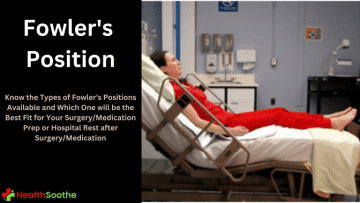When disaster strikes, whether it’s a hurricane battering the coastline or a complex urban incident, the difference between chaos and…
Newly Published Articles
In the pursuit of longevity and optimal health, the scientific community continually seeks innovative ways to combat the…
In today's world, where fashion often follows the principle of "fast and cheap", there are locations that resist…
Healthcare is undergoing a transformative shift, moving away from a one-size-fits-all approach and toward a future of personalized…
Chronic pain can be a debilitating condition that affects millions of people worldwide. It impacts physical capabilities and…
Focusing on the complexities of happiness, positive psychology research explores broader perspectives of well-being that go far beyond…
The landscape of healthcare is undergoing a transformation, driven by the integration of digital technologies into diagnostic processes.…
pets
Tofu cat litter is a type of cat litter made from natural tofu materials. It's…
Deciding to get a tattoo is significant, considering its permanence and statement about your identity…
As infants, we’re completely dependent on our parents to care for our basic needs. Later…
In recent years, advancements in technology have brought about changes across various sectors, with healthcare…
In exploring the depths of the human psyche, we as one of the best clinical…
Being a seasoned medical professional is one thing, but buying surgical…
Nutrition
Subscribe to Updates
Get the latest creative news from Healthsoothe about health and dentalcare
Download HealthCare App. Its 100% FREE.
home remedies
uNDERWEAR
GENERAL
What Are Teeth Aligners? Teeth Aligners are a modern way to align your crooked teeth.…

















































